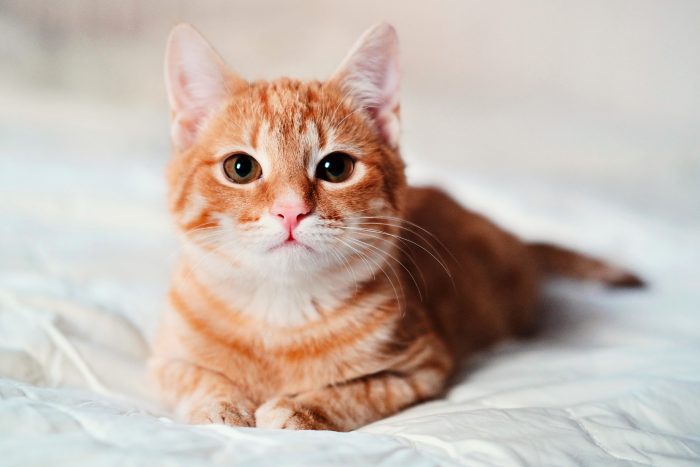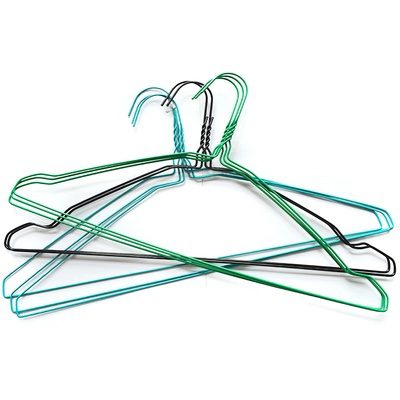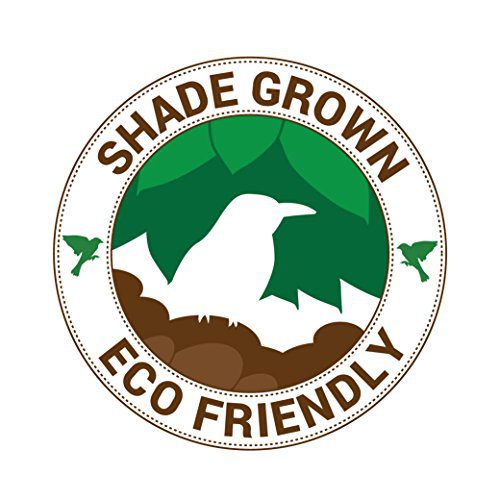A Column Promoting a More Earth-Friendly Lifestyle
By John L. Turner

Buying in bulk can not only save you money but often generates less waste. For example, a 64-ounce container of detergent contains less plastic than two 32-ounce containers and much less than four 16-ounce containers. Plus, these smaller containers are sometimes bundled in plastic wrap while the largest container never is.
The same is true for dishwashing fluid and general house cleaners. Similarly, items that are wrapped like paper towels use much more wrapping for three individual rolls than one 3-pack; the same is true for toilet paper.
The same principle of “more is less” holds true with many food items too. If you start paying attention to bulk purchases you’ll quickly realize that such a strategy is good for both the planet and your wallet. Indeed, when it comes to bulk purchases “more is less.”
A resident of Setauket, author John L. Turner is conservation chair of the Four Harbors Audubon Society, author of “Exploring the Other Island: A Seasonal Nature Guide to Long Island” and president of Alula Birding & Natural History Tours.

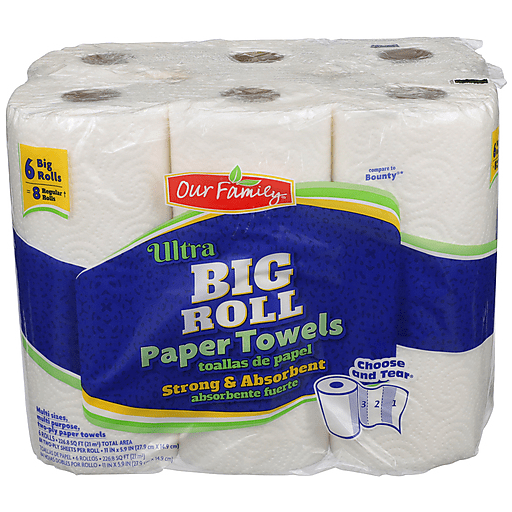
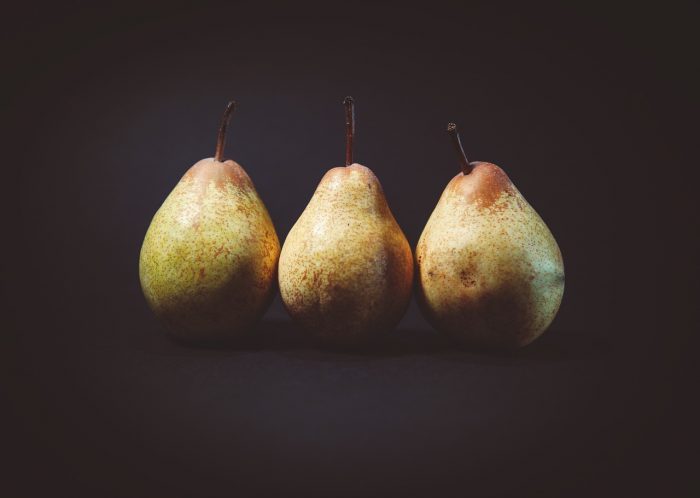
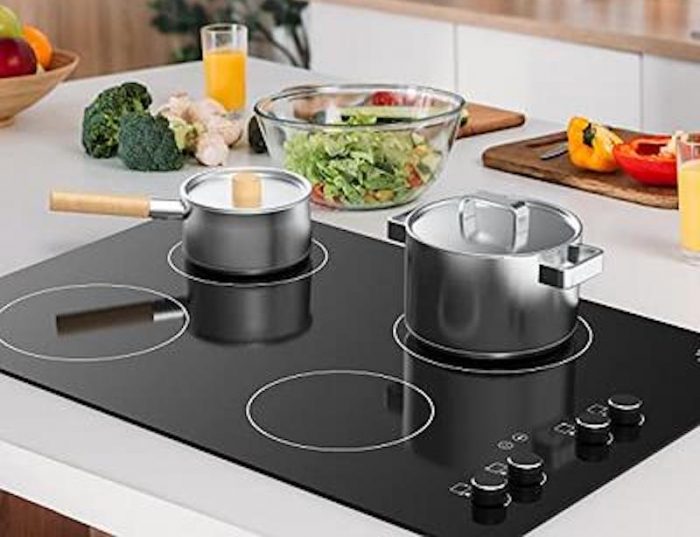
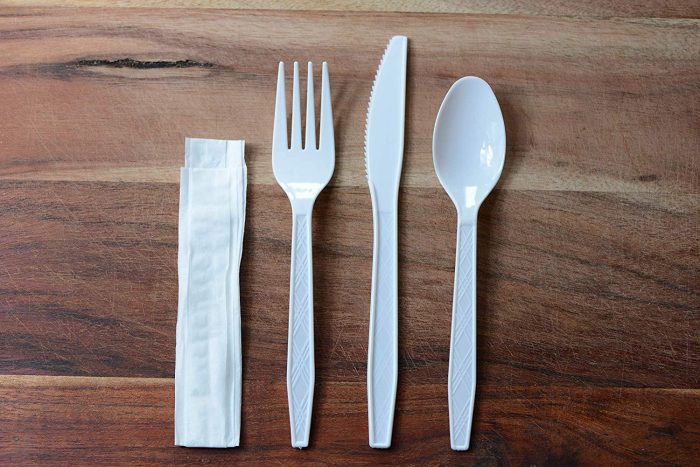
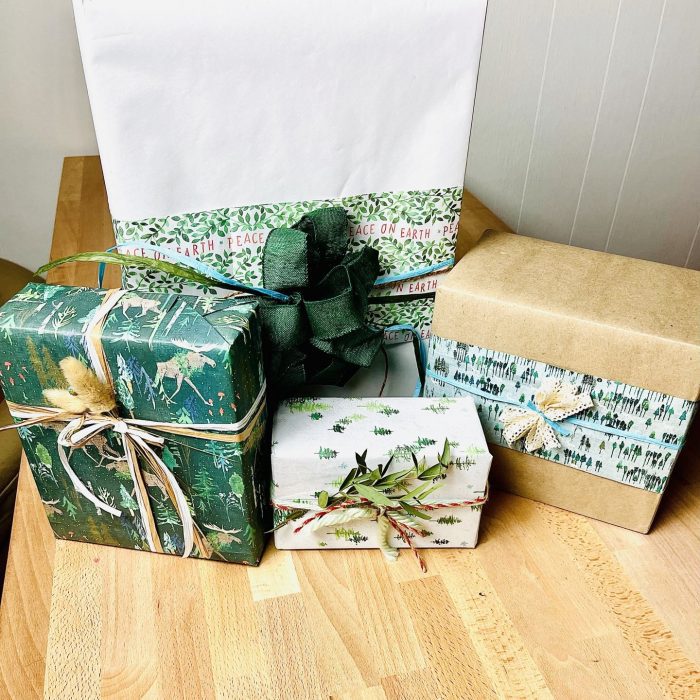
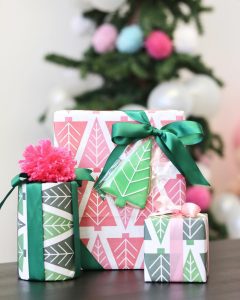

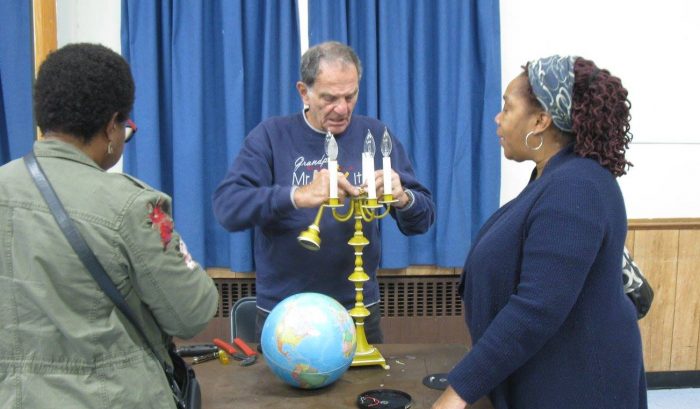
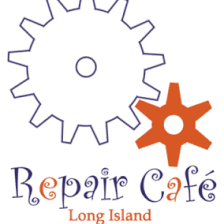 While the main office for Long Island Repair Café (they have a Facebook page) is at 1424 Straight Path in Wyandanch, run by Starflower Experiences, an environmental educational organization, volunteers host repair cafés throughout Long Island. The main office can be reached at (516) 938-6152.
While the main office for Long Island Repair Café (they have a Facebook page) is at 1424 Straight Path in Wyandanch, run by Starflower Experiences, an environmental educational organization, volunteers host repair cafés throughout Long Island. The main office can be reached at (516) 938-6152.